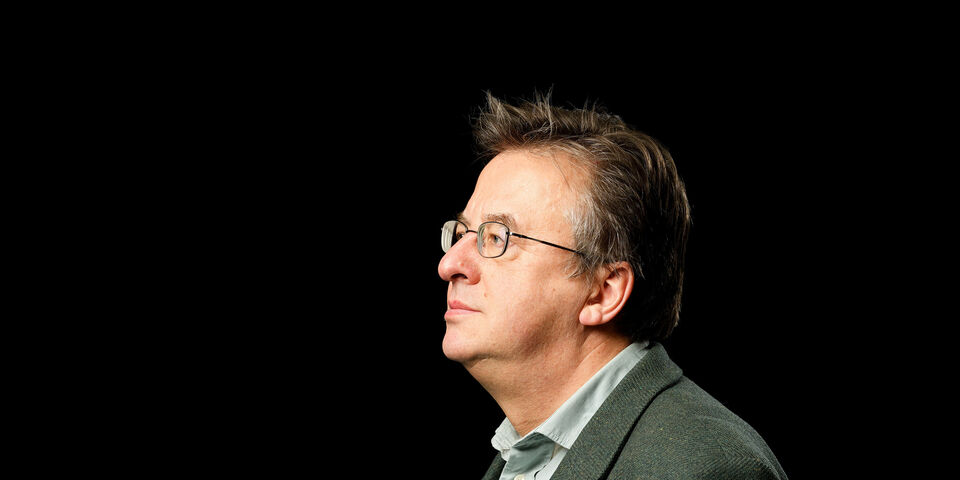DMIS and TU/e
“In the five years that I’ve studied here I’ve seen many changes at TU/e with respect to internationalization.” And also: “Yes, many positive changes, but the study associations are not very open to us internationals”. And further: “Cosmos is really an example of this integration stage”. Here are a few of the comments I get when I ask Master’s students of EE to reflect on the DMIS at the end of my course ‘Intercultural Communication, Cooperation & Integration’.
DMIS stands for Developmental Model for Intercultural Sensitivity and was created by the cross-cultural psychologist Milton Bennett as a framework to explain how people experience and engage in cultural difference. There are six stages in a continuum; three are ethnocentric: denial, defense and minimization and three are ethnorelative: acceptance, adaptation and integration. For more details watch the video below.
So when I ask the students to reflect on and give examples of their own development, and also that of TU/e, we get into interesting conversations and debates. Indeed, based on Strategy 2020 and now Expedition 2030, TU/e is meant to develop along these ethnorelative lines.
There are still plenty of examples where TU/e is lagging behind in dark ethnocentric areas (maybe too many to list here…), but there are also striking examples of a solid ethnorelative position on the infrastructural level, with curriculum development and educational processes that ultimately change mindsets and influence people’s attitudes.
Proven effective
No doubt the many efforts of the TU/e Community Building taskforce have proven effective. Events like ‘Connect with my Culture’ and the ‘Xmas Market’ are named as visible and tangible examples of a shift towards more acceptance on the way to integration.
On the individual level (it’s all about people after all!) some of the students in class have shifted from typical denial attitudes to at least intercultural awareness, and many to grasping, exploring and ultimately appreciating cultural differences, hence moving towards more integration in the international classroom and beyond.
Local students wil be the internationals
It is killing two birds with one stone: local students are prepared for their international experience where they will be the internationals, and our internationals integrate better into our TU/e Community. And what about TU/e staff? Results are comparable, but with some more defense attitudes. There is still a long way to go to reach complete integration of our many subcultures and move from a multicultural (as it is now) to an intercultural campus. But hey, our diversity is also a lot of fun. So enjoy Brabant Carnival, international Valentine’s Day, Chinese lunar year, Indian Diwali, etc!



Discussion